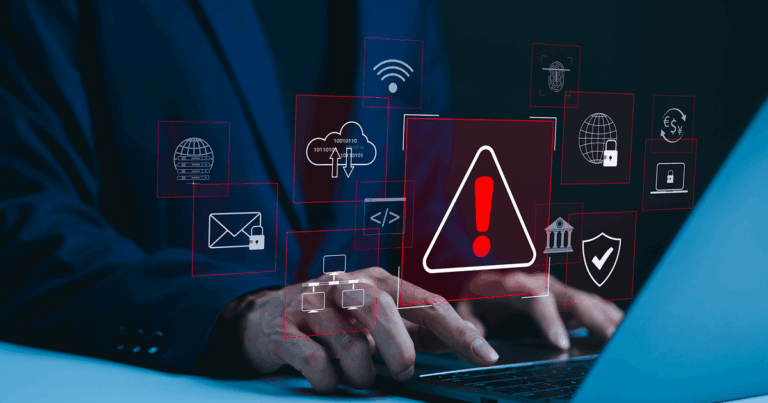COVID-19 re-shaped the way many companies conduct business. Before the pandemic nearly paralyzed the world, less than 6% of Americans worked from home, the U.S. Census reported. That percentage ballooned to almost 18% during Covid and leveled off to about 12% when the world returned to normalcy. And those numbers do not include workers on hybrid schedules.
Those changes come with challenges to ensure that computers and networks are not compromised. Cyber criminals seek every opportunity to infiltrate companies’ networks, steal information and essentially hold them hostage. Hackers are also looking to get to the employees’ personal data, including account information, to steal identities and rob people of all that they have.
(These are not overstatements and everyone with a smart device should always be cautious because hackers are not selective: They want everything they can get from everyone! It is how they make their “livings.”)
Back to those working from home, safeguards should be taken to keep cybercriminals at bay and protect the companies, their employees and, in many cases, their customers. Below are some of the measures that companies can take to protect themselves and their employees:
Require multi-factor authentication: This extra step can slow down an employee trying to get logged in, but it is another layer of protection that is quickly becoming a primary practice and necessity.
Set computers to time out in shorter order: To thwart attacks, set devices to log out during times of inactivity or require workers to log out when they leave their desks.
Establish strong passwords: Guidelines on strong passwords continue to evolve to make it more difficult to be hacked. Most recommendations are to have at least 10 characters containing upper- and lower-case letters, special characters and numbers. Some believe strong passwords should be twice that long.
Change passwords periodically: Changing passwords and not using the same passwords on multiple devices is another method to stave off attacks.
Some of the methods listed might not require the expertise of an IT professional. But for those that do and to give companies general peace of mind, they might need the assistance of an outside group like FTC IT Solutions.
The experts at FTC IT Solutions can take care of a company’s day-to-day needs, but they can also assist in setting up a company’s networks, including remote workers. Below are some of the steps FTC IT Solutions takes for added security to assists its clients:
- Implement front line protection with a managed firewall tailored to a company’s specific needs and network environment.
- Install a VPN (A Virtual Private Network) or some type of edge computing on remote devices: This measure protects the corporate network and provides secure access for the remote worker.
- Assist with collaboration software and hardware to include a webcam and speakers for online communication platforms like Teams or Zoom (for collaboration with co-workers).
- Track and train employees about cybersecurity awareness in a way that truly enhances the security of an organization.
- Provide security, protect data and improve productivity by leveraging FTC IT Solution’s next gen antivirus and SOC (Security Operations Center) for all local and remote endpoints.
Finally, working from home starts with a robust internet connection. FTC is investing funds and resources to deploy fiber throughout its five-county territory to equip its members with the best connection in the industry.
To find out if FTC has fiber in your area, go to ftc.net/services/internet/fiber-to-the-home




